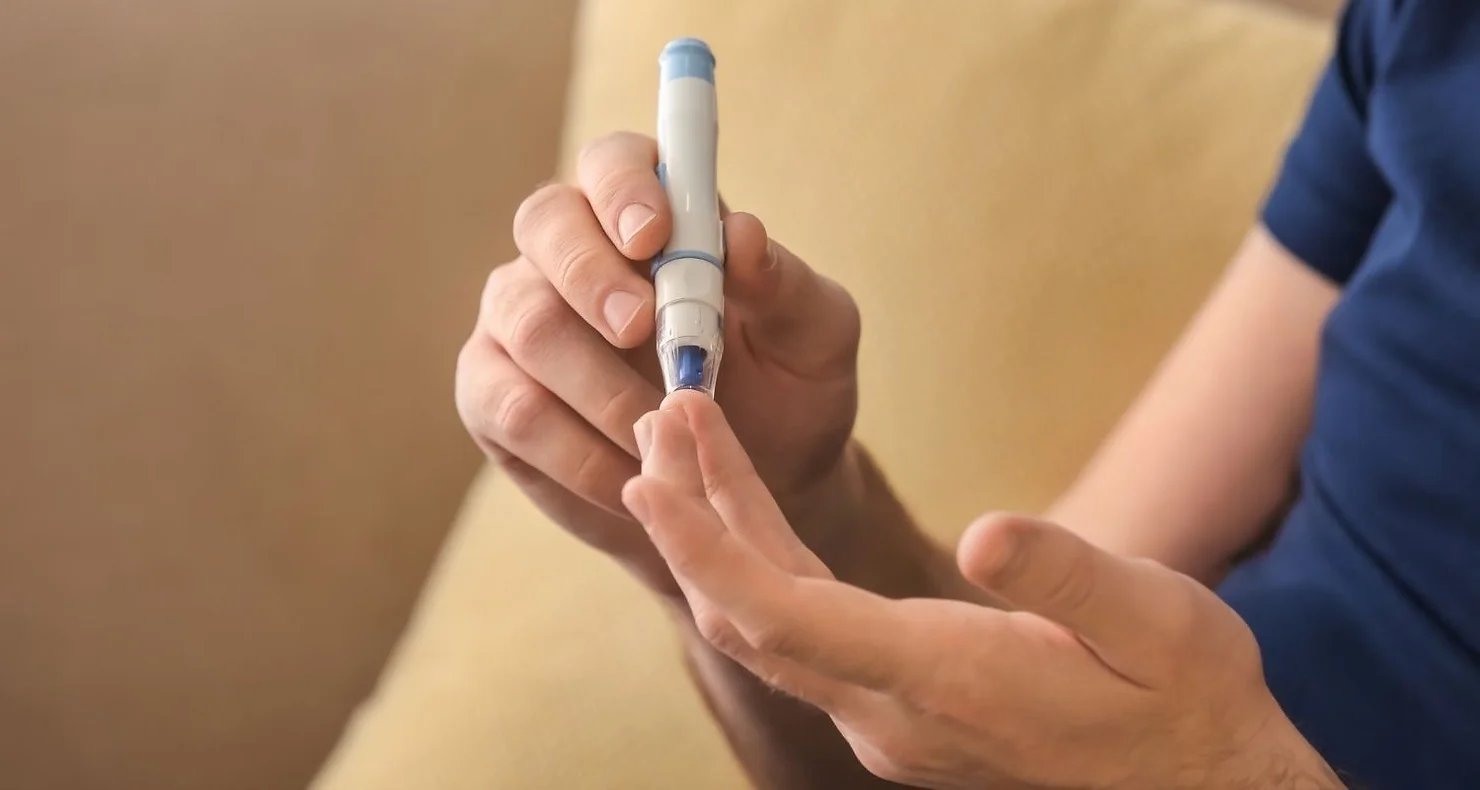
Over 34 million people have diabetes, a chronic disease that affects how the body processes glucose. The American Diabetes Association estimates that 1.5 million people are newly diagnosed with diabetes annually. Diabetes can have multifaceted effects on health, including increasing health risks. Studies show that diabetes increases the risk of developing hearing loss, a chronic medical condition that reduces one’s capacity to hear and process sound. Being aware of this link and practicing ways to protect your hearing health is especially important for people with diabetes or people who are prediabetic.
Link Between Hearing Loss & Diabetes
Substantial research shows that hearing loss can be a complication of diabetes. Studies highlight a correlation between both conditions. This includes a study published in the Annals of Internal Medicine. Researchers investigated this link by collecting data on over 5,000 people with and without diabetes. This data included results from hearing tests as well as information provided by a diabetes questionnaire. Researchers found that among the participants with diabetes:
-
21% experienced a mild or greater hearing loss of low or mid-frequency sounds compared to 9% of adults without diabetes.
-
54% experienced a mild or greater hearing loss of high-frequency sounds compared to 32% of adults without diabetes.
-
Adults with prediabetes had a 30% higher rate of hearing loss
These findings reveal a significant correlation between diabetes and hearing loss. Senior author of the study, Catherine Cowie, Ph.D., stated: “Hearing loss may be an under-recognized complication of diabetes. As diabetes becomes more common, the disease may become a more significant contributor to hearing loss.”
Impact of Diabetes on Hearing Health
You might be wondering how exactly diabetes and hearing health are connected. It is first helpful to know a little bit more about diabetes. Diabetes is a chronic medical condition that involves how the body converts food into energy – a necessary process that sustains all of the body’s systems. Food is broken down into sugar (also known as glucose) and then goes into the bloodstream. The pancreas releases insulin when blood sugar rises which signals the body’s cells to absorb and use it as energy. Diabetes describes either the body not producing enough insulin or the insulin that is produced is not being used effectively.
Excess glucose that stays in the bloodstream can damage nerves and blood vessels throughout the body, including in the inner ear. The inner ear consists of thousands of hair cells that play an integral role in how we hear and process sound. These sensory cells convert incoming soundwaves into electrical signals that then get sent to the brain. The brain further analyzes these signals, assigning meaning to them, which is how we can understand what we hear. Restricted blood flow, oxygen, and/or damaged nerves in the inner ear can disrupt this process. It can prevent hair cells from sending auditory information to the brain which causes hearing loss. This link between diabetes and hearing loss highlights the importance of protecting your hearing health.
Tips to Protect Hearing Health
There are safety measures you can take to protect your hearing health. A few simple tips you can integrate include the following:
-
Has hearing been assessed regularly? This is especially important if you have diabetes or are prediabetic and experience an increased risk of developing hearing loss. Hearing tests involve an easy and painless process that measures your hearing abilities in each ear. Identifying and tracking your hearing needs allows you to treat any symptoms you might be experiencing.
-
Prioritize care for diabetes. It is also incredibly important to properly care for your diabetes and health. This includes taking all of the necessary medications, and safety measures, and following doctor-recommended instructions to ensure your diabetes is effectively managed.
-
Reduce exposure to loud noise. Loud noise exposure is a common cause of hearing loss. Reducing your exposure can mitigate the harm of loud noise on hearing health. A few ways you can do this include: maintaining lower volume settings on electronic devices, taking listening breaks throughout the day, wearing hearing protection, avoiding noisy environments, etc.
These safety measures can reduce your risk of experiencing hearing loss. Contact us to learn more about how prioritize your hearing health.
